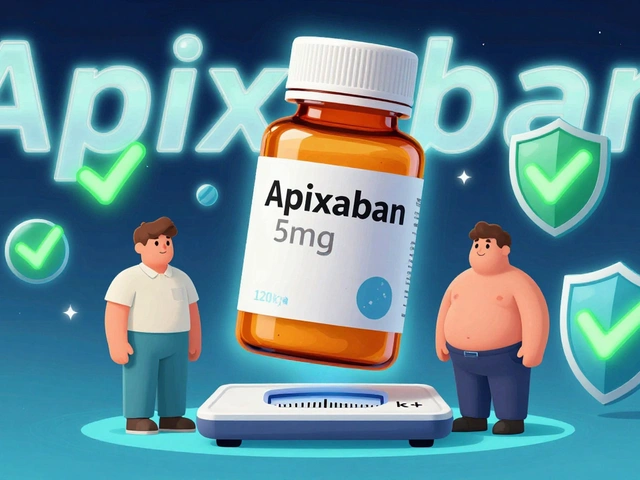Bipolar Disorder: Practical Guide to Symptoms, Treatment, and Daily Tips
Bipolar disorder makes your mood and energy shift in ways that can feel confusing and exhausting. You can swing from high-energy periods where you feel unstoppable to deep lows where even simple tasks are hard. Knowing the common signs, treatment options, and small daily strategies can make life more manageable.
What to watch for
Manic or hypomanic episodes often bring increased energy, racing thoughts, less need for sleep, risky behavior, and fast speech. Depressive episodes include low mood, loss of interest, tiredness, sleep changes, appetite shifts, and thoughts of worthlessness. If episodes last days or weeks and affect work, relationships, or safety, get help. Tracking moods with a simple app or notebook helps you and your clinician spot patterns.
Treatment that works
Bipolar disorder usually needs a mix of medication and talk therapy. Mood stabilizers like lithium, anticonvulsants, and some atypical antipsychotics reduce the frequency and intensity of episodes. Antidepressants are used carefully because they can trigger mania. Therapy—especially cognitive behavioral therapy and interpersonal and social rhythm therapy—teaches coping skills and routines. Medication takes time to adjust; keep notes on effects and side effects and stay in close touch with your prescriber.
Practical daily tips
Keep a regular sleep schedule; sleep disruption often triggers mood swings. Prioritize consistent mealtimes and moderate exercise—walking or gentle cardio helps mood stability. Cut back on alcohol and recreational drugs; they interfere with meds and can worsen episodes. Build a simple crisis plan: list emergency contacts, preferred hospital, current medications, and signs to watch for when you need urgent help.
When to ask for urgent help
If you feel suicidal, uncontrollably agitated, or unable to care for yourself, seek emergency help right away. Tell friends or family how they can help and be direct about warning signs. Many areas have crisis lines and urgent mental health services that can provide immediate support and stabilization.
Support and long-term management
Education about the disorder helps you and people around you understand what to expect. Peer support groups and structured programs can lower isolation and offer practical tools. Regular follow-ups with a psychiatrist let you fine-tune medication and catch early warning signs. Keep copies of medical records, lab results, and a list of effective strategies that worked in the past.
Practical examples: carry a mood chart, set two daily alarms to wake and sleep, share a one-page care plan with a friend, and use pill boxes for meds. If starting a new medication, schedule a check-in after two weeks and again at six weeks. Look for local mental health clinics, university psychiatry programs, or telepsychiatry options if access is limited. For immediate resources, save your country's mental health hotline and local emergency number in your phone now.
Support is available now.
 25 May 2025
25 May 2025
Depakote: Uses, Side Effects, and Essential Information for Patients
Depakote is a well-known medication used to treat epilepsy, bipolar disorder, and migraine prevention. This article walks you through what Depakote does, how it actually works, why your doctor might recommend it, and what potential side effects to watch out for. You'll also get tips for managing common issues and answers to questions many patients have. If you've ever wondered how this medication fits into daily life or what makes it different from others, you're in the right place.
Latest Posts
-

High Cholesterol: Understanding Hypercholesterolemia and Managing Your Risk
-

Navigating Affordable Bactrim: A Comprehensive Guide to Sulfamethoxazole and Trimethoprim
-

Hyperacusis: Understanding Sound Sensitivity and How Desensitization Therapy Works
-

DOAC Dosing in Obesity: What You Need to Know About Efficacy, Safety, and Side Effects
-

Neuropathic Pain: Gabapentin vs Pregabalin - What Works Best?

15